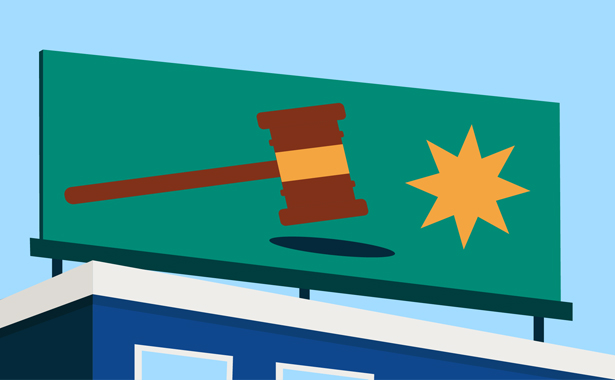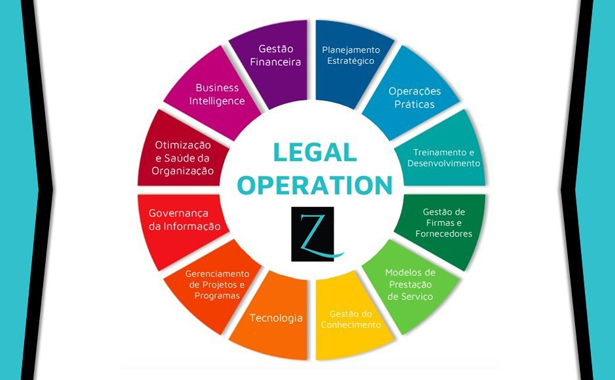Washington DC Courts | Legal Forms – CA-Form 113
Request for Scheduling Order – Landlord and Tenant Form (CA-Form 113 L&T)
The form CA-Form 113 is used to request a scheduling order in cases involving landlord and tenant disputes that require a jury trial. The request must be signed by counsel for all parties, certifying specific conditions.
Certification Requirements
- All parties have been served and have answered.
- All parties are represented by counsel.
- There are no pending motions.
- A jury trial has been requested.
Counsel and parties must provide three proposed dates for mediation, starting approximately 30 days from the close of discovery. The court will notify you if the proposed dates are not available. This form ensures that the scheduling process for landlord and tenant jury cases is standardized and that all necessary information and signatures are provided.
Step-by-Step Instructions to Fill Out This Form
- Form Header
- Court Information: The form is for the Superior Court of the District of Columbia, Civil Division – Landlord and Tenant Branch. Ensure this section is correct.
- Case Number: Fill in the case number assigned to your case.
- Plaintiff and Defendant Information
- Plaintiff(s): Write the name(s) of the plaintiff(s).
- Defendant(s): Write the name(s) of the defendant(s).
- Certification by Counsel
- Confirm that all parties have been served and have answered by checking the appropriate boxes.
- Confirm that all parties are represented by counsel.
- Ensure there are no pending motions.
- Indicate that a jury trial has been requested.
- Proposed Mediation Dates
- Provide three dates that are approximately 30 days from the close of discovery for the proposed mediation. Write the dates in the spaces provided.
- Signatures and Contact Information
- Plaintiff’s Attorney
- Signature: The attorney representing the plaintiff(s) must sign here.
- Printed Name and Bar Number: Write the attorney’s full name and bar number.
- Street Address: Write the attorney’s office address.
- City, State, Zip: Write the city, state, and zip code of the attorney’s office.
- Phone Number: Write the attorney’s phone number.
- Email Address: Write the attorney’s email address.
- Defendant’s Attorney
- Signature: The attorney representing the defendant(s) must sign here.
- Printed Name and Bar Number: Write the attorney’s full name and bar number.
- Street Address: Write the attorney’s office address.
- City, State, Zip: Write the city, state, and zip code of the attorney’s office.
- Phone Number: Write the attorney’s phone number.
- Email Address: Write the attorney’s email address.
- Plaintiff’s Attorney
- Filing the Form
- Ensure all sections are completed accurately.
- Submit the completed form to the Superior Court of the District of Columbia, Civil Division – Landlord and Tenant Branch at the address provided in the form.
Important Notes
- Information Sheet for Praecipe Requesting Scheduling Order: This includes the updated Civil Action Form 113, which permits the scheduling order request for Landlord & Tenant jury demand cases.
- Deadlines
- Close of Discovery: 45 days
- Mediation: 75-100 days (adjusted to the next business day if the deadline falls on a weekend or holiday)
- If any of the deadlines fall on a weekend or holiday, adjust to the next business day.
Contact Information
- If you have any questions or need further assistance, you can contact the court at (202) 879-4879 or visit their website at www.dccourts.gov.
Following these steps will ensure that your Request for Scheduling Order is correctly filled out and submitted for your landlord and tenant jury trial case.
Disclaimer: This guide is provided for informational purposes only and is not intended as legal advice. You should consult the Residential Tenancies Act or a legal professional.




